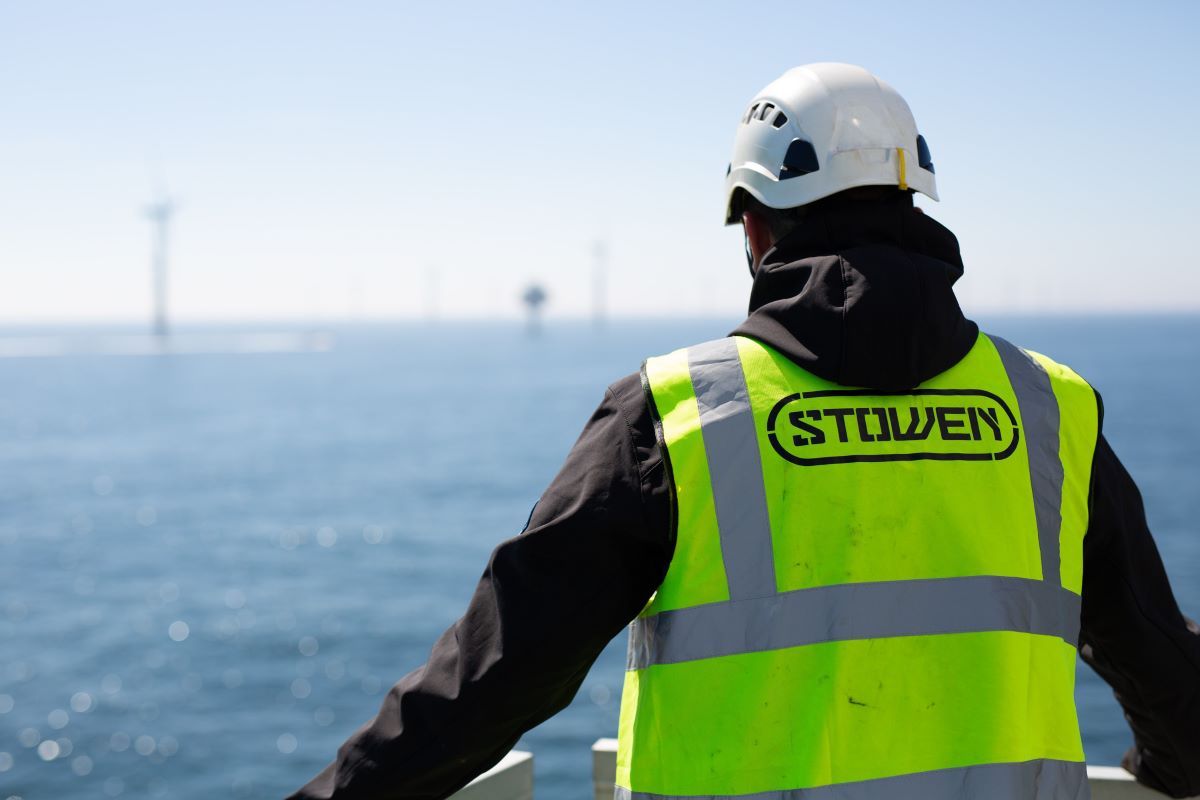Ten Jobcentres in East Anglia and Lincolnshire are to be hubs for boosting awareness of skilled roles in Britain’s booming offshore wind power industry, predicted as on track to be creating 70,000 new jobs by 2030.
A pilot programme launched today by partners The Crown Estate, the Department of Work & Pensions and the Offshore Wind Learning platform is designed to spin the wheel for offshore recruiters, by upskilling and empowering the DWP’s work coaches. The advisors can then direct jobseekers to burgeoning new career opportunities in the local offshore wind industry.
Eastern England looks out on around a half of Britain’s existing offshore wind farms. More are due.
The partners’ geographically focused pilot may be followed by national roll-out, ensuring local communities feel the benefits of Britain’s contested transition to more wealth-creating renewables and a greener economy for jobs.
Enduring skills shortages in green trades are a fly in ointment already polluted by decades of hydrocarbon-financed misinformation, science-denying newspapers relying on oilcos’ advertising and poor skills planning.
The Offshore Wind Industry Council (OWIC) last year estimated its members would need to fill 70,000 new jobs this decade. Currently employing 32,000 people, marine turbine chiefs thus seek an average of 10,000 new workers every year to welcome into employment, just to support their pipelines of projects already identified.
Very flat, Norfolk
Coaching employment advisors in ten coastal or near-coastal Jobcentres from Skegness to Beccles and inland, is the partners’ method.
DWP focus groups in November highlighted the challenges wind power employers face, regarding perceptions of how to enter the industry, and career progression in it.
The research showed DWP staff knew about direct roles, such as turbine technicians and constructors. They knew less, said the research , about support roles offered by operators in administration & commercial management, including among suppliers who sell to turbine operators.
The research’s findings highlighted a need to “train the trainers”, working to improve the advisors’ confidence in advocating offshore wind jobs to dole claimants.
For The Crown Estate, sustainability director Judith Everett enthused: “We’re thrilled to launch this pilot raising awareness of the many exciting offshore wind career opportunities in East Anglia and Lincolnshire.
“Though the UK is a global leader in offshore wind”, Everett went on, “the industry faces challenges in our workforce which must be addressed urgently to ensure the sector remains competitive in the face of international competition. Through the important work carried out by coaches in the Department for Work and Pensions, this initiative will shine a spotlight on the local employment opportunities within the industry.”
Lauren Little at offshore operator Ørsted said: “It’s fantastic to see big players in the industry highlight the need for talent to enter the offshore wind industry.
“This programme is perfectly suited to highlight the variety of roles within our industry– from technicians working on turbines to behind-the-scenes employees in administrative and support roles.”
For the DWP, partnership lead Roger Matthews added: “We are immensely proud to be partnering with The Crown Estate. This programme will equip DWP work coaches with insights and targeted training to drive growth in offshore wind employment, a sector vital to the UK’s efforts to transition to Net Zero.




